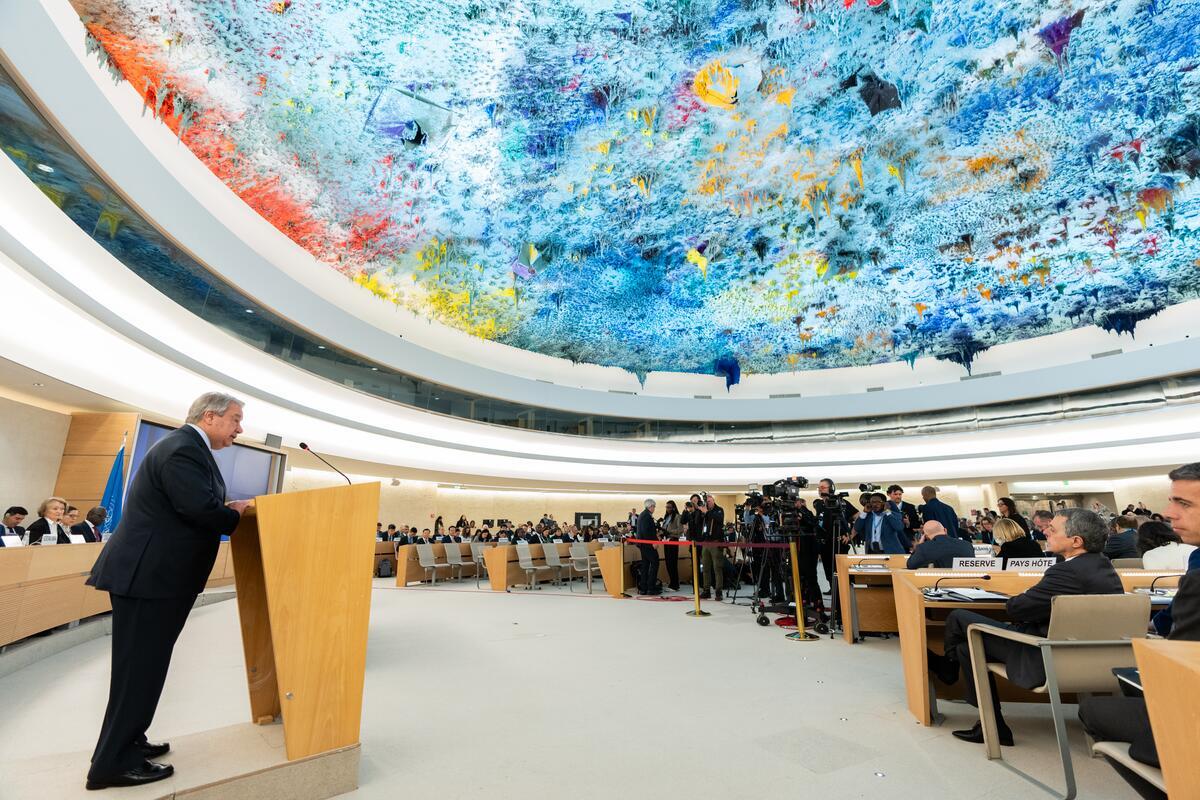

African and international human rights organisations have
faulted the Sudanese Armed Forces (SAF) and allied militias over alleged
atrocities against civilians in Sudan.
The claims were presented at the 60th session of the UN
Human Rights Council in Geneva, which runs from September 8 to October 8,
through a series of 19 official statements distributed to member states and
posted on the Council’s website.
The statements were backed by six organisations with special
consultative status at the United Nations Economic and Social Council,
supported by four international coalitions.
Together, they alleged that the Sudanese army was responsible for violations amounting to war crimes and crimes against humanity.
The groups cited field reports, eyewitness accounts, and
medical testimony pointing to the alleged use of chemical weapons in Nyala, El
Fasher, and Zalingei, which left civilians with suffocation, poisoning, and
burns.
They also accused the army of indiscriminate shelling,
destruction of hospitals and schools, and attacks on humanitarian facilities, including UNICEF offices and World Food Programme warehouses.
Other claims included
sexual violence as a weapon of war, mass executions, ethnic targeting of the
Fur, Zaghawa, and Masalit communities, forced recruitment of children, and
arbitrary arrests of journalists, lawyers, and activists.
The findings echo conclusions by UN investigators, who said
both the SAF and the Rapid Support Forces (RSF) may be responsible for
atrocities, with civilian detention sites described as “slaughterhouses.”
The United States has also declared that the Sudanese army
used chlorine gas during skirmishes in 2024, a determination that triggered
sanctions this year.
The Sudanese government has firmly rejected the accusations.
Information Minister Khalid al-Aiser described them as
“political blackmail and a deliberate falsification of the facts.”
The Health Ministry reported that tests conducted in Khartoum since April showed “no evidence of chemical or radiological contamination,” noting there were “no abnormal deaths, mass illnesses, or symptoms indicative of chemical poisoning.”
Al-Aiser added that “this false narrative is just another attempt to mislead public opinion” and accused international actors of overlooking crimes committed by the RSF.
The government has since formed a national investigative committee, bringing together officials from the defense, health, foreign affairs, and intelligence ministries to review the allegations.
Despite the denials, the rights groups have renewed calls
for an independent international investigative mechanism, referral of the
situation to the International Criminal Court, targeted sanctions against
military leaders, and the creation of safe humanitarian corridors.
They warned that failure to act would amount to complicity
in ongoing crimes, urging the Human Rights Council and the wider international
community to secure justice and protection for civilians in Sudan.













